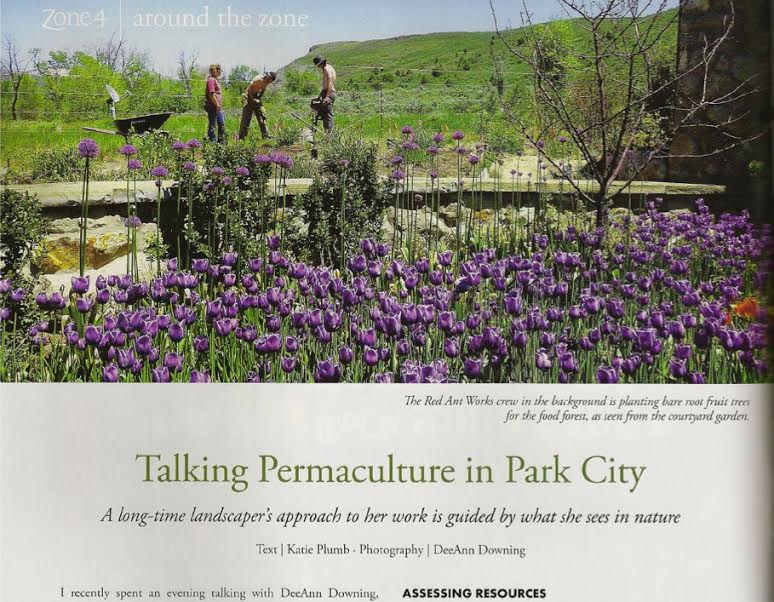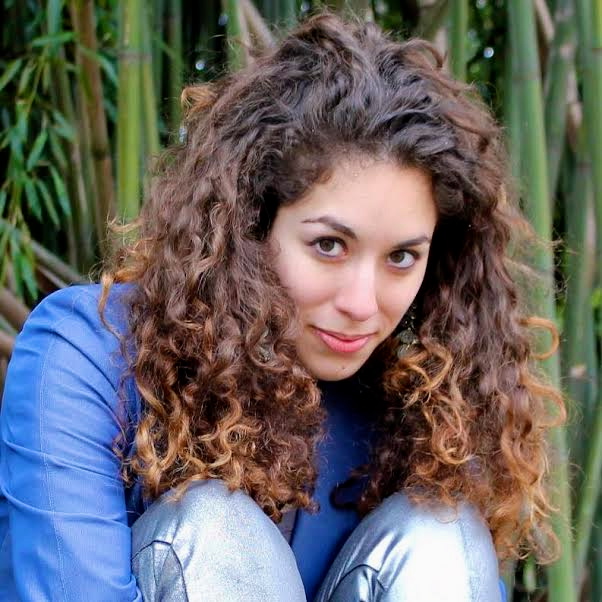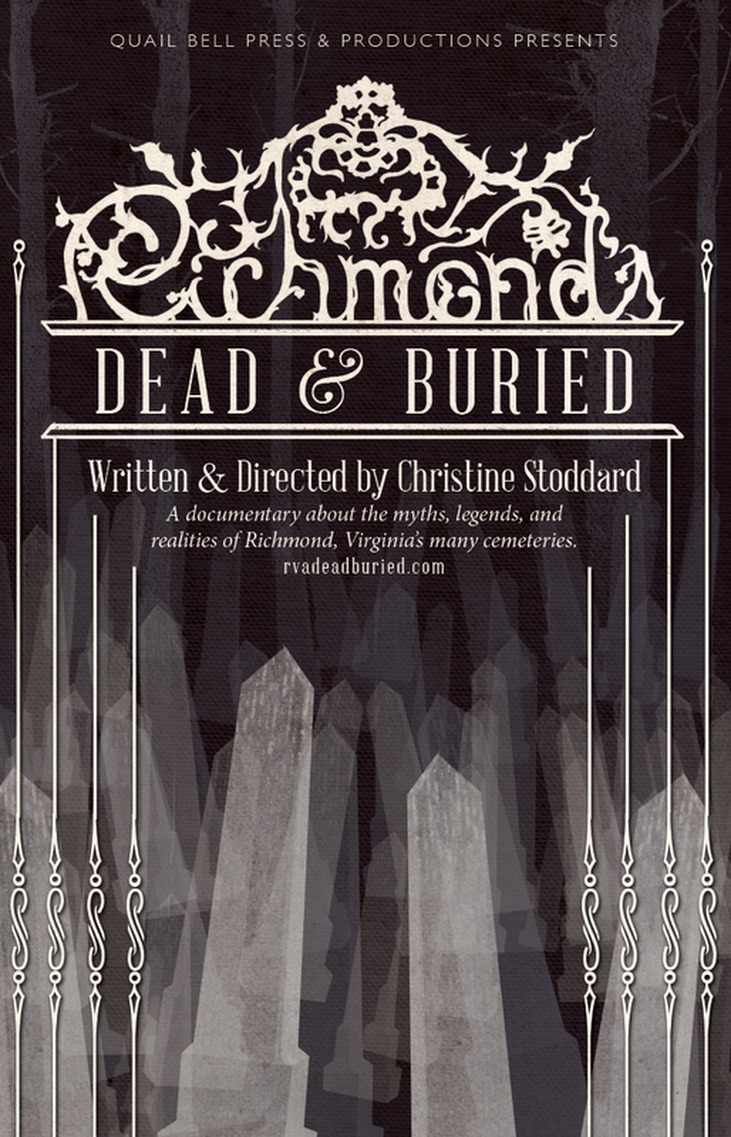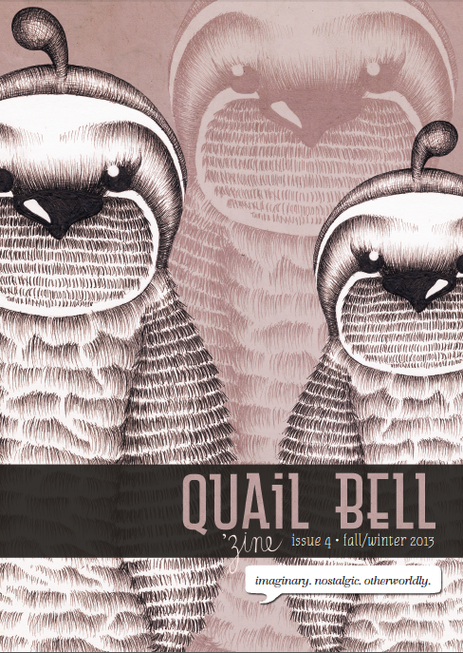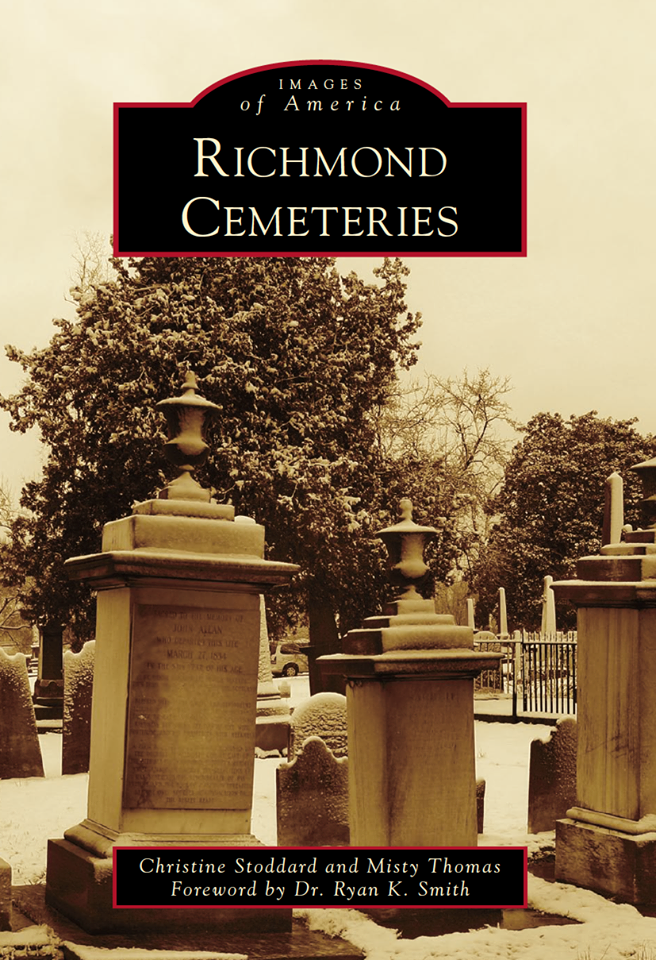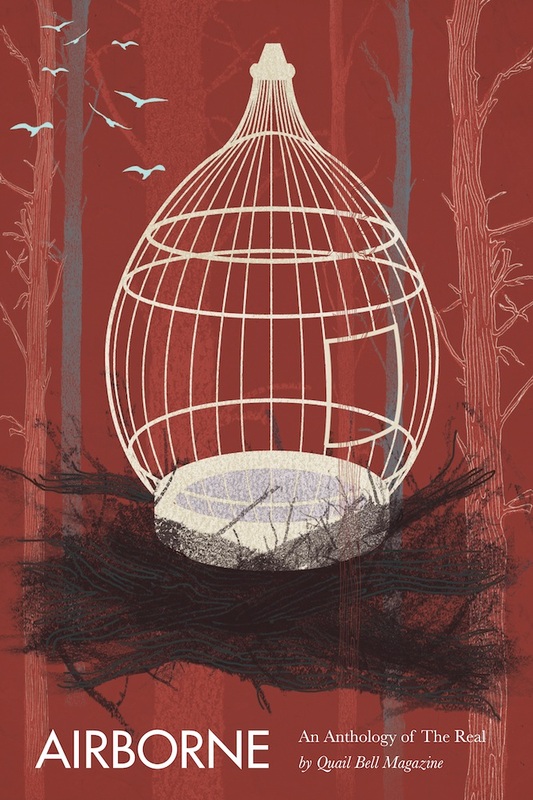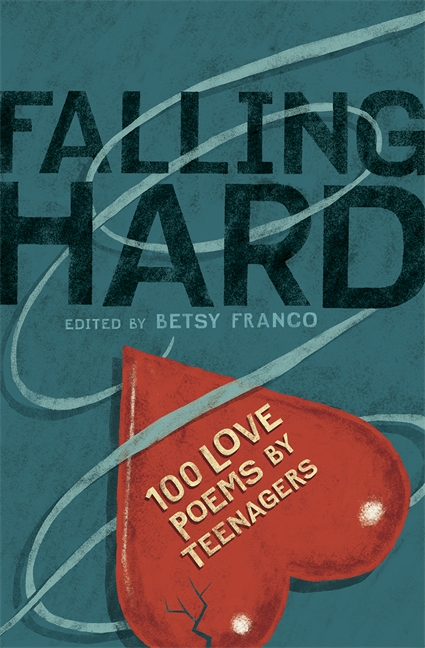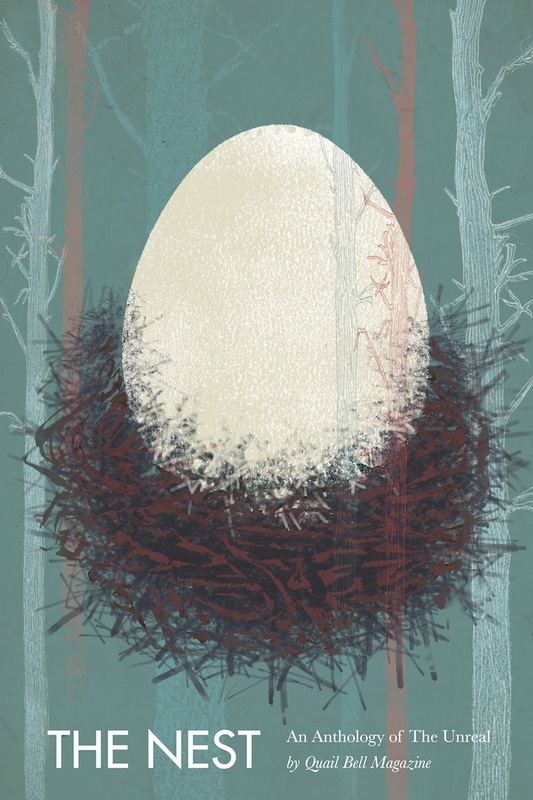Name: Robert S. Gerleman
Age: 27
College & Majors/Minors: Humboldt State University; English/French
Current Location: San Francisco, CA
Current Form of Employment: Freelance author/editor
Where do you work and what is your current position?
After several years working full-time as a managing editor for both print and digital publications, I decided to pursue a career in freelancing. The decision to move away from a consistent and reliable income was as difficult as one might expect, but the independence and self-reliant nature of freelancing has given me immense creative freedom and a surprising rejuvenation of enthusiasm.
During the past two years as a freelance writer I have published a novel, a collection of short stories, and 30 or so pieces of short fiction, creative non-fiction, poems, articles, etc. My debut novel Damned If I Do, Damned If I Don’t published in 2012 and was #1 on Amazon.com’s top sellers in satirical fiction, and my anthology Nothing Really Happens was released this past February. As an editor I regularly take contracts to design book covers and also convert and implement layout for existing titles into eBooks. Currently, I am working on an eBook conversion for Lunchbox Envy (a followup to Locally Delicious) which is a "how-to" guide as well as a cookbook that provides tools for balancing nutrition, finding and affording healthy food, and meal planning for children's packed lunches.
Outside of the literary world, I co-founded the tech startup Nearby (formerly WNM Live). Nearby is a location-based social networking service that allows users to connect with people living within relative proximity to one another. Since its initial release in 2012, Nearby has grown to over 1.3 million users, participated in Stanford University's StartX accelerator, and become available on all major mobile and web-based platforms.
Tell us about how you found your first job, and how you found your current job (if different).
Initially, my scant, post-grad resume garnered about the same amount of interest as my short story submissions: a big pile of rejection letters. Frustrated, I decided to change my approach by following a principal I discovered in a mantra designed by the tech industry: Instead of searching for a perfect job, create one. So, I started this ridiculous blog called “recreationalbachelor” comprised of a variety of immature and insane writing from a variety of immature and insane writers. One of my favorites was a recurring column from a writer in Oregon titled “Moustache Monthly” (though it was published weekly) in which he would seek out individuals in public who possess interesting facial hair configurations, photograph them, and conduct an interview about their feelings regarding facial hair. Good fun.
Made no money, had a blast, made some of the best connections in my entire career. And the experience, though seemingly ephemeral, was a cheap and dirty way to thoroughly pad my young resume.
What was another writing-related job that was important in your career?
Not a job exactly, but… Early in my career I wrote an article for HugStronger.com that really expanded my capabilities as a writer. The piece was called “Forgetting my Boundaries” and in it I basically propose that the “four-year plan” we are taught to expect and adhere to robs us of the collegiate experience and that it’s okay to slow down and stay a while. Before that article I had never written anything outside of short fiction. I was scared to. But I took a chance on this little blog and its mission to inspire struggling university students and was pleasantly surprised when they accepted the piece. Sometimes you have to take a chance before a door will open.
What did you do in college to prepare for your post-grad life?
My first real editing job was working for the school’s literary journal (The Toyon) at Humboldt State University. I applied to be the division editor for fiction as I thought that reading an abundance of short stories would help develop my own writing. After a basic editing test and brief interview I got the job. It was a shot in the dark, really, and I lucked out. 6 months later I took over as managing editor and produced the first color-cover print run of The Toyon in 40 years. After graduation, my work at the journal proved to be a great resume builder and the introductory experience gave me just the slightest edge over those relying solely on their degrees to compete. I guess what I’m saying here is that it doesn’t hurt to get involved in your school’s publishing ventures. Almost every university has a lit journal, or at least a newspaper. Give it a shot, if nothing else it may solidify your belief that you are in fact a talented writer or editor. Or maybe you’ll hate it. Either way, best to find out early.
What is your advice for students and graduates with an English degree?
Forget every piece of advice you have ever received from a fellow writer. I think someone else might have said that one before, oh well. But seriously, own it, be it, or forget it. You don’t need advice, you’ve already got it all figured out. Right?
Recommended reading: Your First Novel by Ann Rittenberg. Great resource with a wonderful understanding of the form and function of the dreaded “Query Letter”. And of course Nothing Really Happens and Damned If I Do, Damned If I Don't by yours truly ;)




